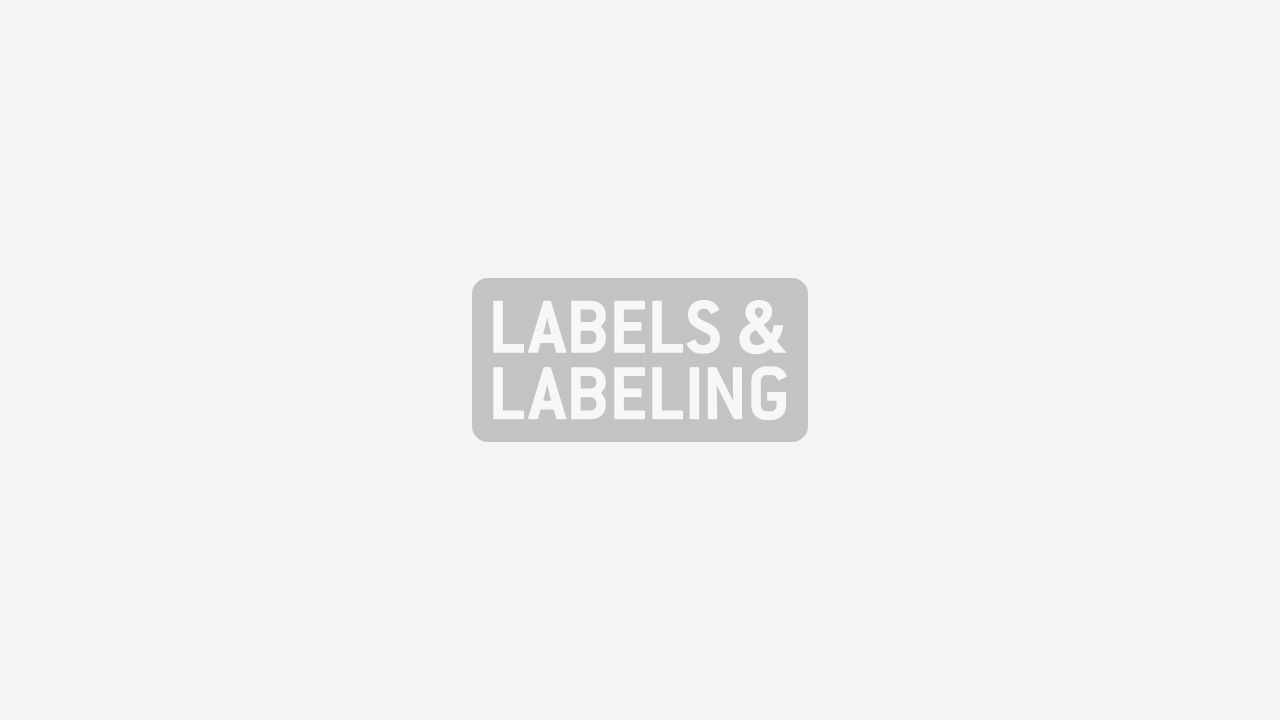NewPage educates consumers about paper sourcing

NewPage Corporation has launched a ‘story’ marketing campaign and new website, www.PaperTellsAStory.com, to help educate consumers on the importance of knowing the manufacturing source of the paper used for their companies’ business printing.
‘Giving the same importance to paper as we do to the food we eat or the clothes we buy, the goal of the “story” campaign is to get people thinking about the journey of a single sheet of paper, where the journey begins, and the sustainability and environmental practices of its manufacturer,’ said Rick Willett, president and chief operating officer for NewPage. ‘As a leading paper manufacturer in the US and Canada, we feel it’s the responsibility of NewPage to dramatically raise awareness of the potential hidden risks associated with some Asian imports. A failure to ask some basic questions of your suppliers can lead to the very real potential that you are unknowingly importing a fair amount of risk along with your paper.’
North American paper manufacturers are required to comply with strict environmental regulations, such as those enforced by the Environmental Protection Agency (EPA), and operate in a manner that is responsible, socially beneficial and economically viable. Additionally, NewPage adheres to a number of third party certifications, including the Sustainable Forestry Initiative (SFI) and Forest Stewardship Council (FSC). NewPage buys wood fiber from private landowners and other certified, responsible loggers. NewPage does not source wood fiber from old growth forests, rainforests or forests of exceptional conservation value.
On the NewPage Web site, visitors are given several ways to interact with the site to learn more about the origin of their paper.
‘In today’s business environment, your choice of supply is a strong reflection on your company’s values, whether it is intended or not,’ said Dave Deger, vice president, marketing for NewPage. ‘If your company associates with a paper manufacturer potentially engaged in illegal logging, questionable labor practices, or unverifiable sources of fiber, it is at risk of becoming associated with those issues too, potentially damaging the company’s reputation for upholding its own sustainability practices.’
Stay up to date
Subscribe to the free Label News newsletter and receive the latest content every week. We'll never share your email address.

